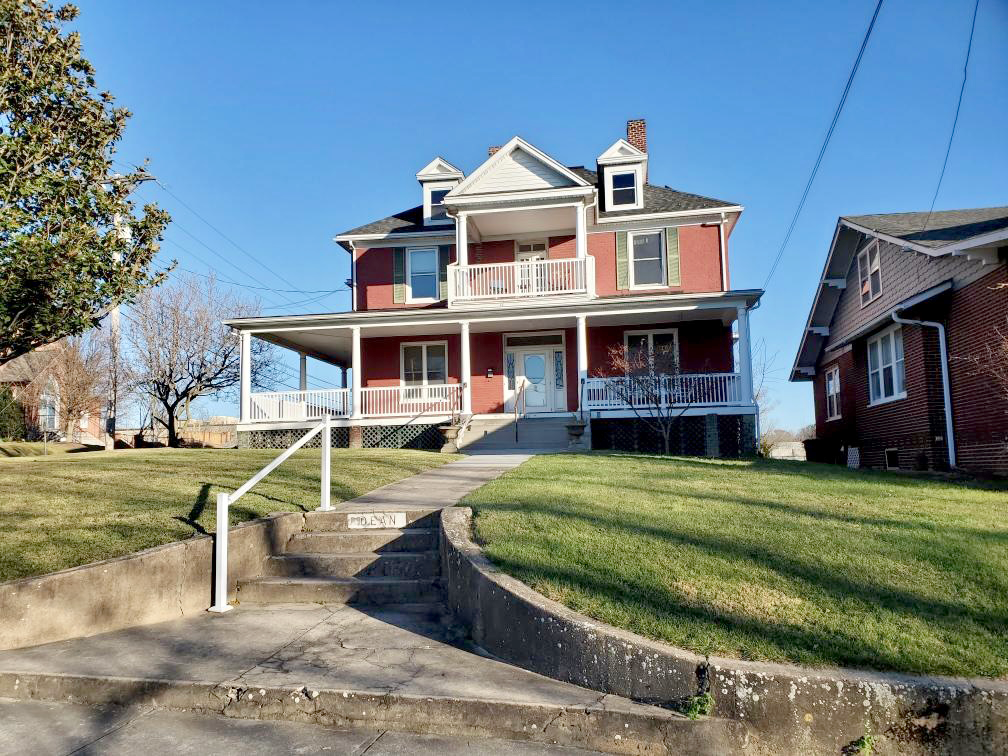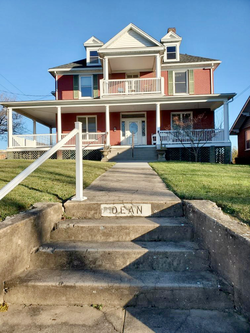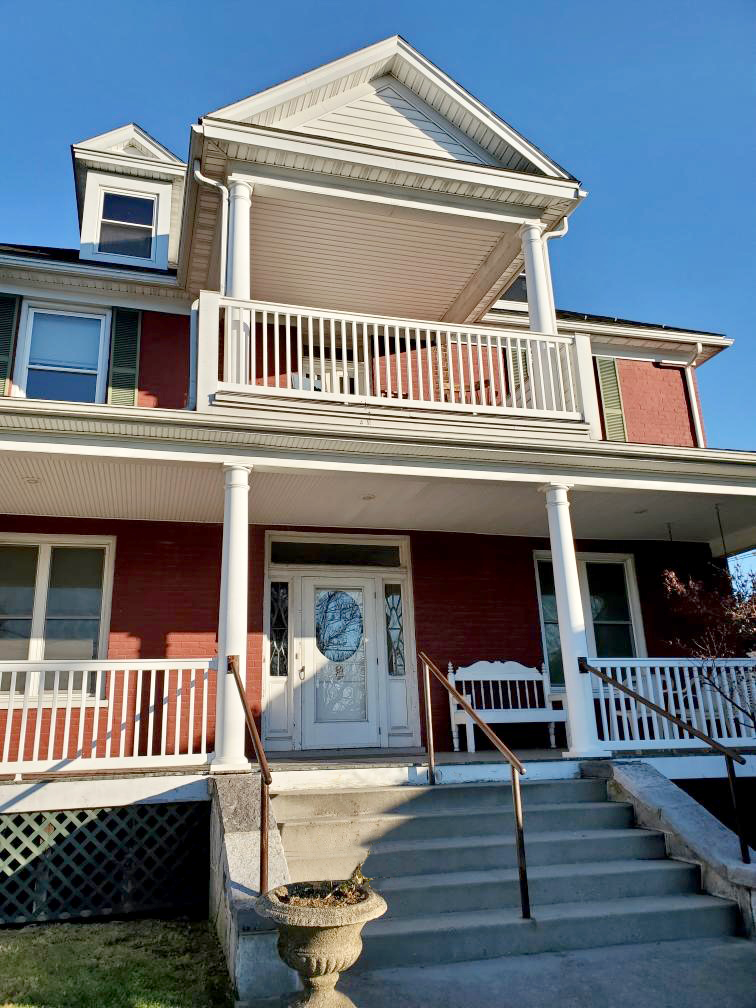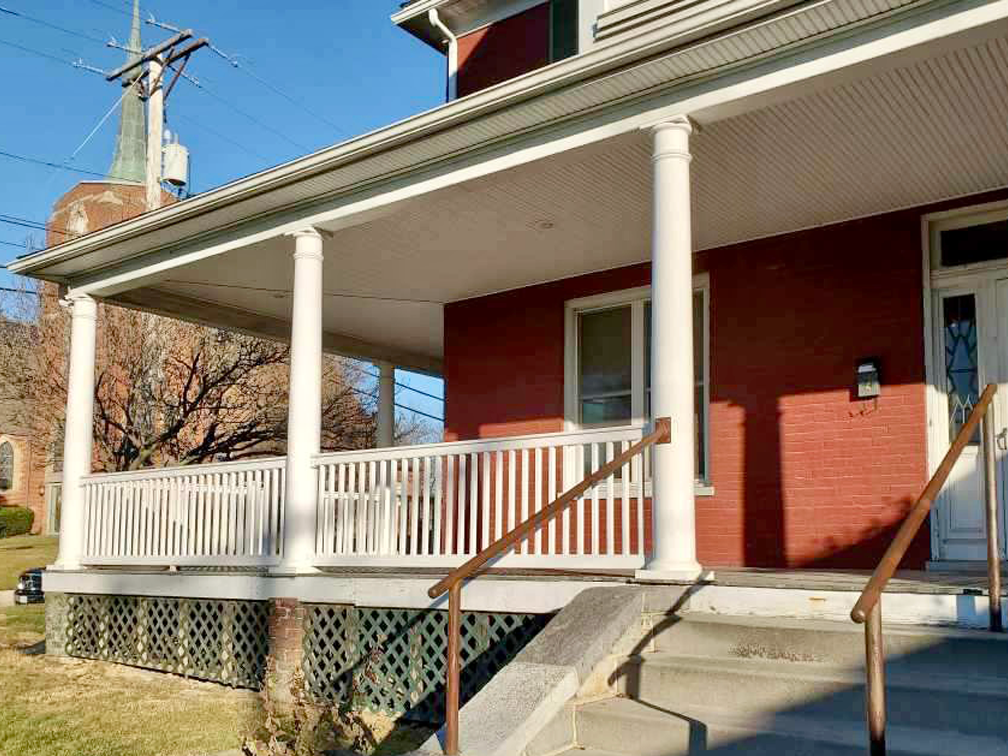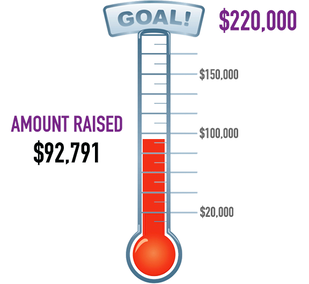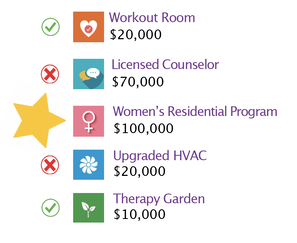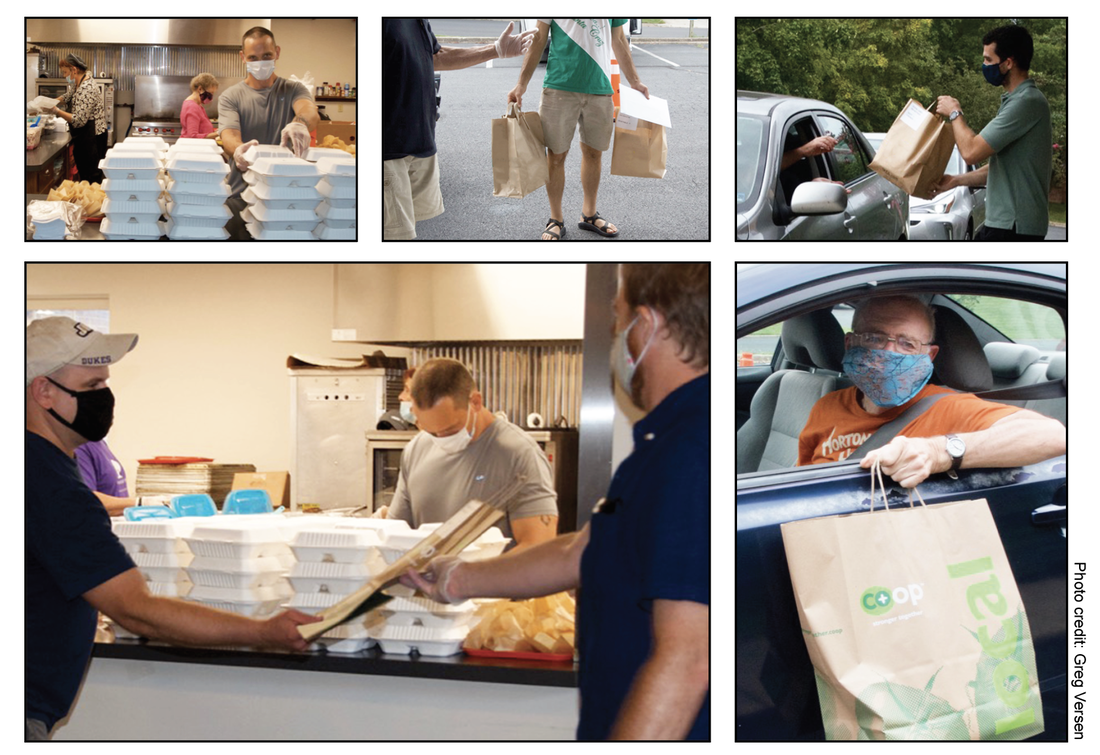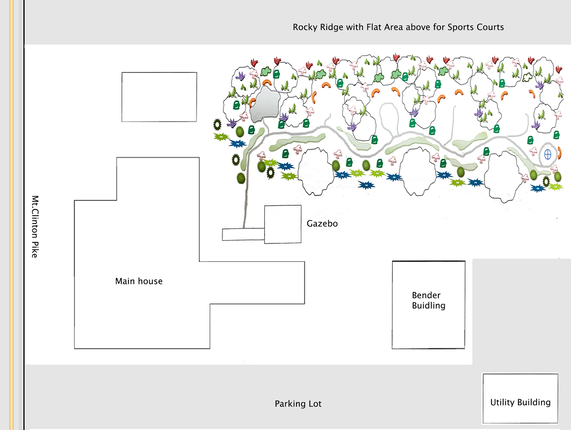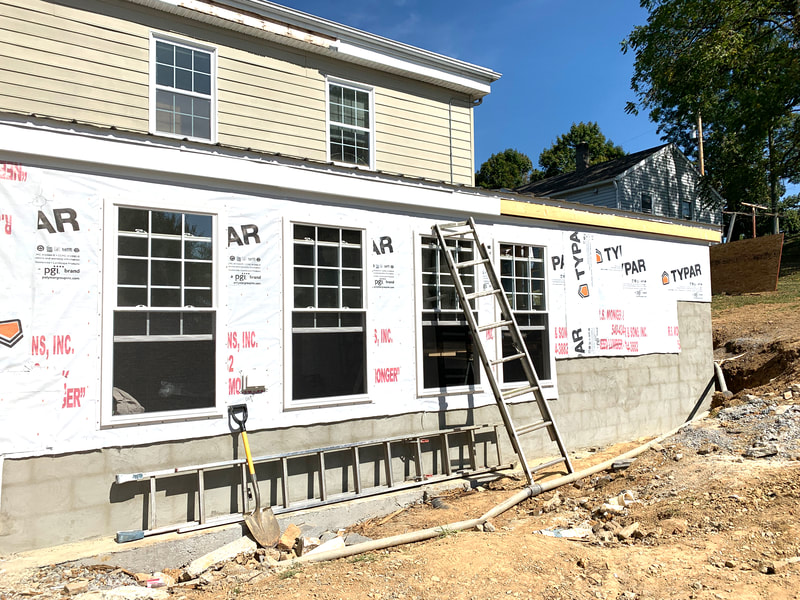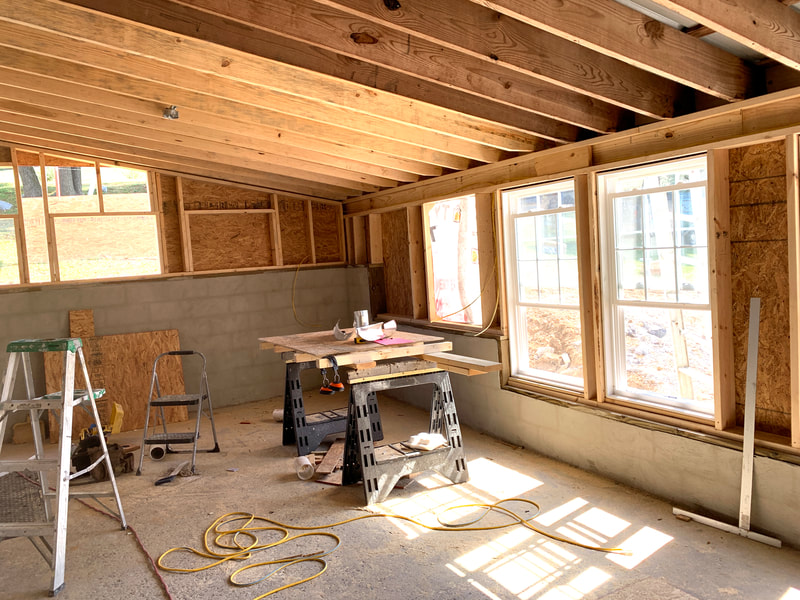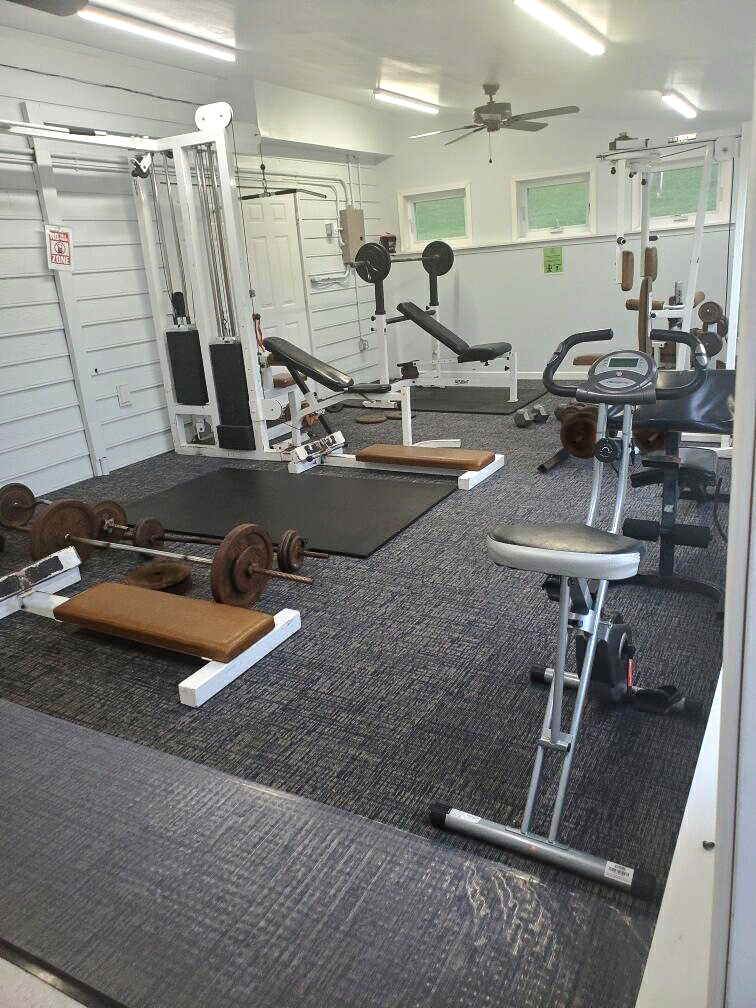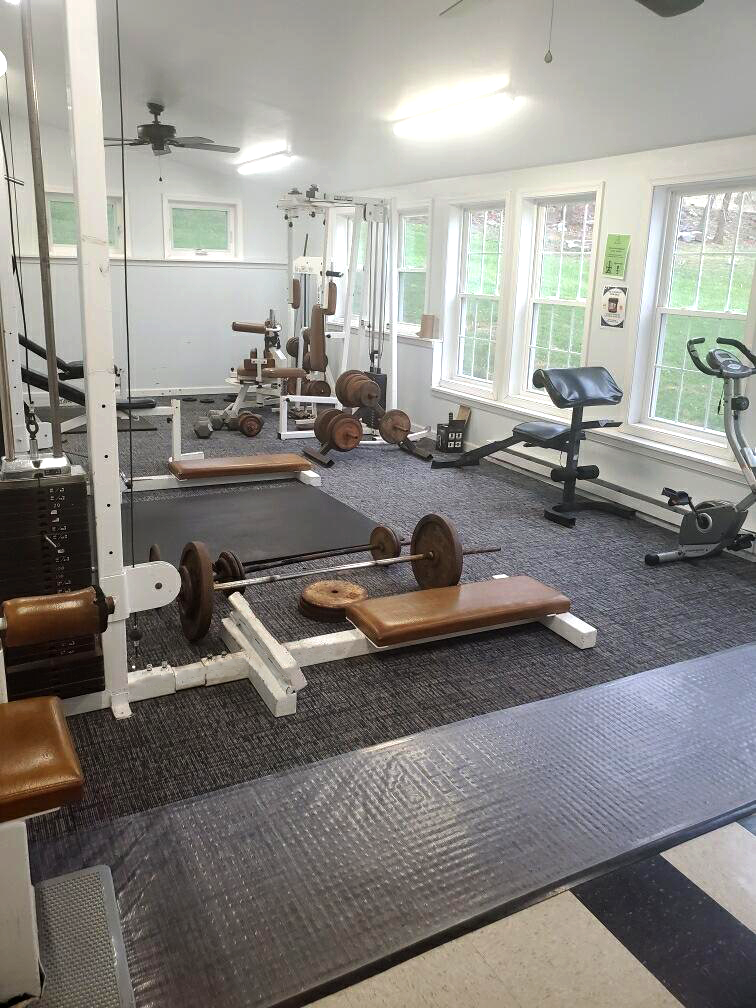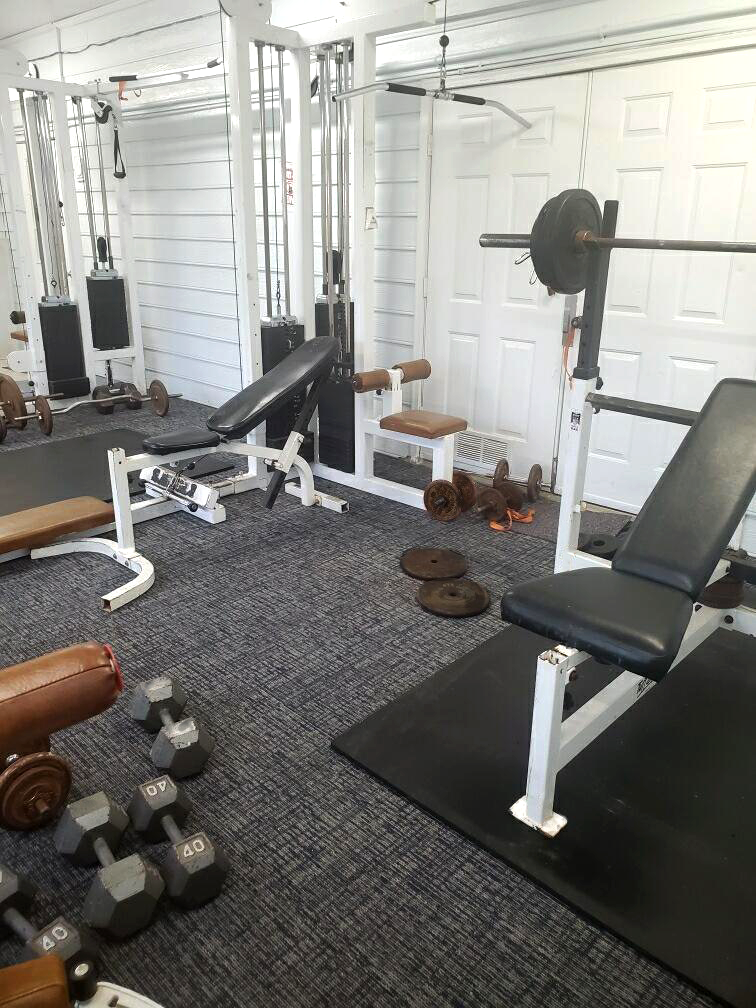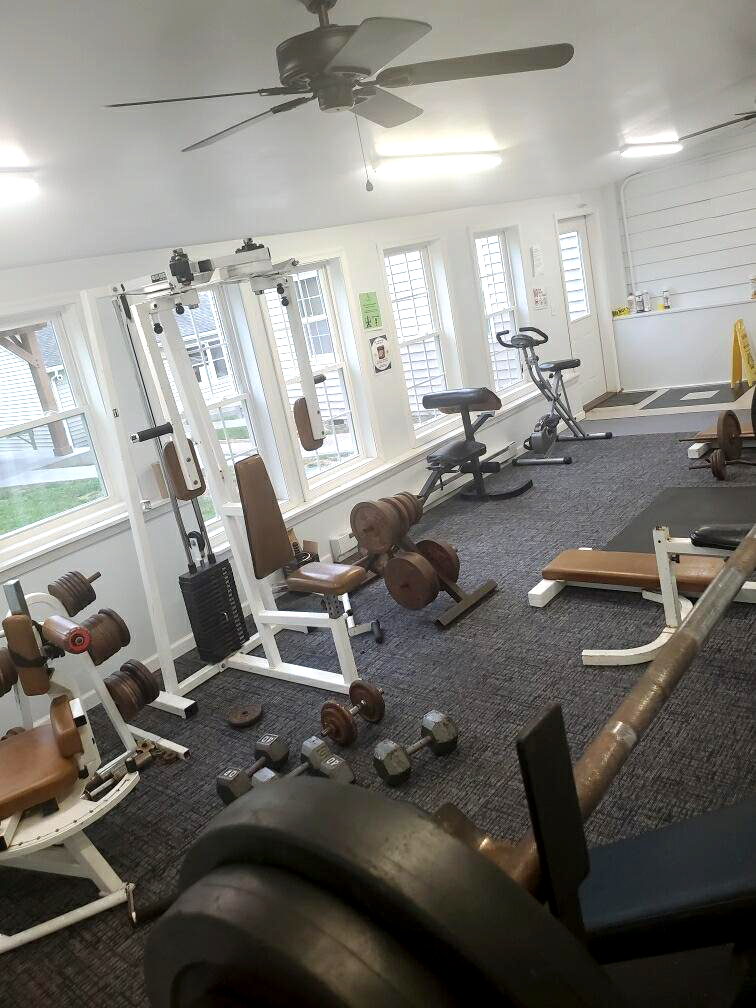|
Gemeinschaft Home has found a house in downtown Harrisonburg to launch a new residential program for local women.  With enough money raised so far in the 2020 Vision for the Future Campaign, along with partnerships with local public agencies, Gemeinschaft Home settled this month on a location to establish a residential program for women in Harrisonburg. Until now, there have been no residential services available to women under community supervision or probation in the local area, such as the men’s re-entry program already offered at Gemeinschaft Home, and the new program provides a location to fill that critical need in the community. The brick, two-story (with wrap-around porch) home, also known as “Dean House,” is located at 110 Old South High Street, on the corner of W. Water Street. The property is currently owned by Community Mennonite Church, who has come to an agreement with Gemeinschaft Home to establish the program in the house, located just across the road from the church. The large, early-twentieth century house features spacious rooms, two kitchens, and several bathrooms, offering both living and office spaces that include ample room for group meetings and activities. The residential program will offer an alternative to incarceration for women in the local community who have been charged with and/or convicted of nonviolent offenses and are facing housing instability or are homeless. Program participants will be referred from the local Court Services Unit, Drug Treatment Court Program, and Joint Mental Health Collaboration, as well as from Gemeinschaft Home’s existing day reporting center program for women. Up to four adult women will reside in the house for a minimum of 90 days and will receive full-time access to room and board, including meals and related resources. Participants will share household chores and cooking responsibilities. The minimum 90-days will require participants to complete a cognitive-behavioral life-recovery curriculum that covers a wide range of topics in a group setting, from parenting education, to living with addiction, interpersonal communication, and anger management. All participants will also work one-on-one with a case manager to develop goals, determine a home plan, and address issues on an individual basis. They will make referrals for participants who need outside resources such as licensed counseling, health care providers, peer support specialists, and community groups such as Alcoholics Anonymous meetings. Individuals will have access to employment advice, vocational training opportunities, and help with finding a nearby job. All participants will be subject to random drug and alcohol screens. Gemeinschaft Home hopes to welcome the first residents by early February 2021, after some initial preparation takes place in the house through January, which includes hiring essential staff, painting walls, and procuring household furniture and other necessary items. We will share more updates about the progress of the new residential program for women in the new year! Former residents of the program talk about life and work after Gemeinschaft Home in the Year of COVID-19. 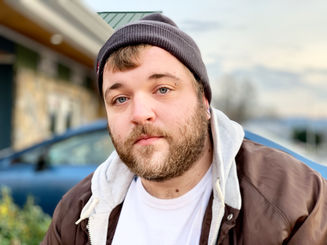 Former residential program participant, Daniel Canterbury. Former residential program participant, Daniel Canterbury. he future is never entirely clear for anyone—no matter what direction we take or what choice we make in life—but the prospect is all the more uncertain for the majority of individuals coming out of incarceration. Finding a stable place to live and a job, reconnecting with estranged family members and loved ones, and maintaining sobriety (for those who struggle with addiction) are formidable obstacles but doing so in 2020 has presented an even greater challenge for those making a transition back into the community. The economic impact of the COVID-19 pandemic—leading to millions of job layoffs and eviction notices—is made all the worse by the staggering number of infections and deaths, that have overburdened the healthcare system and ravaged families with the loss of loved ones, in the wake of the most significant healthcare crisis in 100 years. This was the situation facing former residents Daniel Canterbury, 28, and Jeremy Hill, 36, when they finished the Gemeinschaft Home program last spring. Yet, their time spent in the program has helped to provide a solid foundation for a new start, and so far, they are still on stable ground. 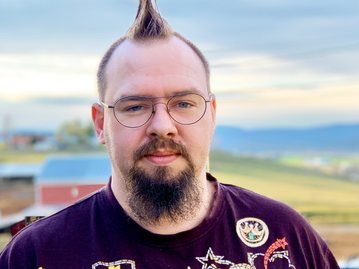 Former residential program participant, Jeremy Hill. Former residential program participant, Jeremy Hill. While they both had been incarcerated for drug-related convictions, neither struggled with addiction, which is often the focus of many individuals who go through program. But both emphasize how the house structure and program curriculum provided a chance to gain some valuable tools for living, while also working to save money to live independently after they finished. Taking on leadership roles as senior house representatives, Canterbury and Hill actively participated in the community aspect of the program and helped to orient new residents, manage household chore schedules, and take on extra responsibilities, such as being the house cook on the weekends. Both men have a background in the restaurant and food industries, and they worked in related jobs while they were living at Gemeinschaft Home. Plans after the program included establishing a food truck business for Hill, who finished in February, and assisting with the launch of a new local restaurant location for Canterbury, who exited the program in late March. However, the Covid-19 pandemic forced both to switch gears and find an alternative. Luckily, both have found a place to thrive, despite the enormous impact on the food service industry resulting from the COVID-19 pandemic over the past nine months. Canterbury is a cook locally at the Thunderbird Diner in McGaheysville, nearby his home and family in Elkton. Hill now lives in Abingdon, Virginia, and is the sous chef at Commonwealth Senior Living. There are still barriers that each man faces day-to-day, and both are still working—nearly a year later—to get their driver license reinstated. Hill points out that limited hours and appointments at the DMV make it nearly impossible to complete the road test, as Saturday is his only day off each week, even though he finished the written test some time ago. Canterbury supports several children, and his partner is currently expecting another child in the upcoming year. He is still repaying court fines, and he will come off probation when he does so, but he continues to make steady progress. When asked to reflect on their time in the Gemeinschaft Home program, both pointed to the community structure and how the individuals in the house function as a unit. Both Hill and Canterbury benefitted from and contributed to the family-structure, whether they were helping another resident fill out paperwork or assisting a new resident to learn the rules and to find his way around the house. Canterbury points out, “Gemeinschaft Home provided a community in which I could apply myself and gave me a sense of acceptance that I would not have had coming out of jail with nothing.” Hill referred to his experience as a stepping-stone between prison and life in the community, one that he urgently needed to soften what would otherwise be a very stressful moment. He says, “This is a good decompression, too, because we are coming out from being told when to eat, when to work, when to wake up, when to take a shower to…boom…life!” He adds, “You worry about how society is going to look at you, too, at first, when you first get out and you think about that like, ‘Man, is it going to be hard to get a job? What’s it going to be like now?’ I was stressed, but every day got less and less stressful.” The two men became friends while in the program, and still keep in touch. They both also share the same goal—to live a normal life again. To the broader community, Hill says, “We’re just guys trying to start over and get some structure. We’re not all bad people; we just made a bad decision. I am here to succeed and to move on with my life, and that’s all I need to do.” Even though our 2020 Vision for the Future fundraising campaign was impacted by the COVID-19 pandemic, donors like you have enabled us still to raise a significant amount of money towards our goal—more than we thought possible under such challenging circumstances. And while there is a lot of work ahead, we want to take this opportunity to express our deep gratitude. In a year when we all need something to celebrate, we want to celebrate all that your generosity makes possible here at Gemeinschaft Home.
We have already accomplished two of the fundraising goals—a therapy garden space on property behind the main house and a workout room for residents at Gemeinschaft Home. In addition, thanks to your support and great partnerships with area organizations and agencies, we have raised more than half of the projected start-up costs for our most ambitious goal—establishing a residential program for local women who need the services Gemeinschaft Home has to offer. In fact, just this month we have identified an available house in downtown Harrisonburg to establish the new program for women (starting with up to 4 individuals) in early 2021. Because there is still more work to be done on our campaign, as we seek to gather more financial support for the women’s residential program, to hire a licensed counselor to work on property, serving all our programs, and to upgrade the HVAC system in the main house at Gemeinschaft Home, we are extending our 2020 Vision for the Future fundraising campaign for an additional year—the Gemeinschaft Home 2020 + 1 Fundraising Campaign—to continue our work building a better and healthier community. The campaign will now end on December 31, 2021.  On August 28 and 29, 2020, Gemeinschaft Home hosted a virtual fundraising event--Picnic with Gemeinschaft Home--in honor of our 35th Anniversary. Attendees enjoyed a curbside-pickup barbecue dinner, while watching an online video presentation about the organization in the comfort of their own homes. Miss out on the event? You can view the video, still available on the home page. A Natural Space for Healing and Reflection  The Gemeinschaft Therapy Garden, one of the first fully funded projects for our 2020 Vision Campaign, will provide a permanent space for reflection and growth in the backyard space of the Gemeinschaft Home main house. The layout and design for the garden is already well underway, under the guidance of Keala Timko, of the Central Shenandoah Valley Master Gardener’s Association, and will make use of the rocky limestone terrain on the property. Excavation and preparation will begin over the winter months, with full work on the garden to start in the early spring. The garden will feature environmentally-friendly materials, a mixture of shade and sun plants, wide walking paths, and a solar fountain. Gemeinschaft Home program participants and volunteers will provide labor and upkeep for the garden project in the future. For more detailed information: Garden Plans (PDF document). There are already additional plans in early development to establish raised beds for planting and cultivating herbs and vegetables for use by Gemeinschaft Home residents. We look forward to welcoming visitors to our new green space this spring! Regular exercise provides both physical and mental wellness, and the opportunity to work out is now part of residents’ experience while living at Gemeinschaft Home.  Program participants living at Gemeinschaft Home have few options for exercise, particularly among busy work schedules and the colder winter months that make going outside all the more difficult. However, generous donations have given residents an effective way to improve their physical and mental health at Gemeinschaft Home, though the creation of a workout room on property. This project evolved in two phases: the first (construction that enclosed the back porch and added a walkway and gazebo) began in the summer/fall of 2019, and the second (addition of workout equipment) was completed by spring 2020. There are options for both weightlifting and cardio exercise. Residents use the workout room daily, as it provides a healthy and positive activity, and they are responsible for cleaning and maintaining all of the equipment. |
Archives
August 2023
|
